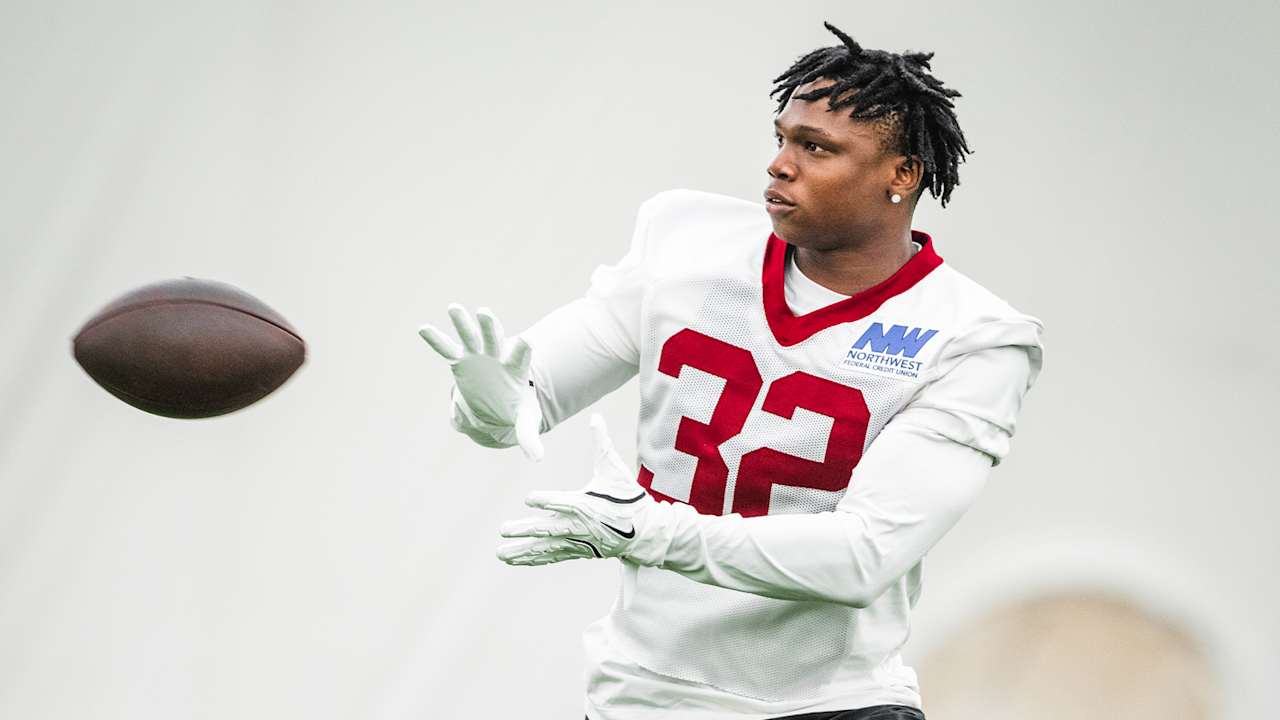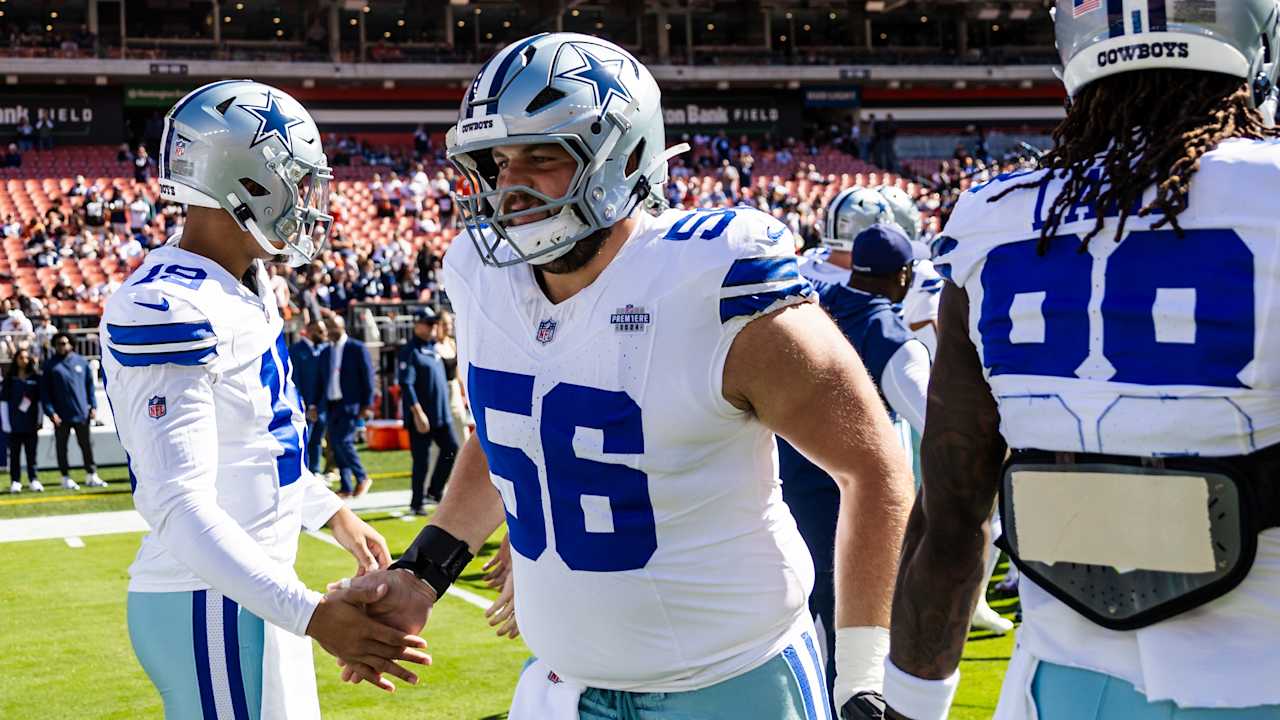Dolphins’ Defensive Struggles Mirror Joe Barry’s Troubling Past in Green Bay
When a coach with a controversial track record joins a new team, their performance is placed under immediate scrutiny. For many Green Bay Packers fans, the name Joe Barry is synonymous with a defensive philosophy that often felt frustratingly passive. The news that Barry had landed with the Miami Dolphins as their linebackers and run game coordinator was met with a sense of knowing trepidation by his former critics. Now, with the NFL season underway, the Dolphins’ defensive struggles are raising familiar questions about Barry’s impact.

While Barry is not the defensive coordinator in Miami, his influence on the linebacker corps and run defense is significant. The team’s poor performance in these areas has not gone unnoticed, and for those who followed his tenure in Green Bay, the results look eerily familiar. The Dolphins’ defense is currently facing significant challenges, and the statistics paint a troubling picture that aligns with a career-long trend for the veteran coach.
Green Bay Packers Fans Are All Too Familiar With Joe Barry
Joe Barry’s time as the defensive coordinator for the Green Bay Packers from 2021 to 2023 was marked by consistent fan frustration. Despite having a roster loaded with first-round talent, his defenses were often criticized for playing a soft, “bend-don’t-break” style that allowed opposing offenses to dictate the terms of engagement. The scheme frequently gave up easy completions underneath and struggled to get off the field on third down, leading to long, sustained drives that wore down the defense.
This approach was particularly maddening for a fanbase that saw Pro Bowl talent at every level of the defense. The disconnect between the talent on the field and the results on the scoreboard ultimately led to his departure from Green Bay. His defenses, while occasionally posting respectable total yardage numbers, often failed to make critical stops in key moments. This history has created a narrative that follows him, one where his units look good on paper but fail to play with the aggressive, game-changing style that modern NFL defenses require.
The Dolphins’ Defensive Woes in 2025
The Miami Dolphins brought in a new defensive staff to elevate a unit that has its own share of high-end talent. However, the early returns have been alarming. Through the first part of the season, the Dolphins’ defense ranks among the worst in the league in several critical categories, particularly in the areas under Barry’s purview.
According to the latest NFL defensive rankings from Fox Sports, the numbers are stark:
- Total Defense: The Dolphins are ranked 29th, allowing an average of 418 yards per game.
- Scoring Defense:They are also 29th in points allowed, surrendering 33 points per game.
- Rushing Defense: The run defense, a key responsibility for Barry, is ranked 27th, giving up 156 yards per game.
These statistics are not just numbers on a page; they represent a fundamental inability to stop opposing teams. The struggles in the run game are particularly concerning, as a weak run defense puts immense pressure on the secondary and makes it difficult to control the clock. For a team with championship aspirations like the Dolphins, having a defense that is consistently on its heels is an unsustainable formula for success. The high number of yards and points allowed suggests a systemic issue, and it’s a pattern that closely mirrors the criticisms leveled against Barry’s units in the past.
Is History Repeating Itself?
While it is unfair to place all of the blame on one position coach, Barry’s role as the run game coordinator makes the team’s struggles in that area impossible to ignore. His career has been marked by stops where his defenses have underachieved relative to their talent level. His first defensive coordinator stint with the Detroit Lions in 2007-08 was a disaster, and his time in Washington from 2015-16 produced similarly uninspiring results.
The recurring theme is a defensive philosophy that appears to prioritize preventing the big play over aggressively attacking the offense. This often results in allowing opponents to methodically move the ball down the field, controlling possession and wearing down the defense. In Miami, we are seeing this play out again. The defense is not just giving up yards; it is failing to create negative plays or force turnovers at a rate needed to win consistently.
For the Dolphins, the hope was that a new coaching staff could unlock the potential of a talented group. Instead, the early season struggles have brought a familiar sense of disappointment. Joe Barry’s presence on the staff, combined with the team’s porous run defense and overall poor statistical rankings, suggests that a change in scenery has not necessarily led to a change in results. The pressure is mounting in Miami, and the defensive coaching staff, including Barry, will need to find answers quickly before the season slips away.
Commanders Turn to Rookie Jacory Croskey-Merritt After Ekeler’s Season-Ending Injury

The Washington Commanders face a defining moment after veteran running back Austin Ekeler suffered a season-ending Achilles injury. With one of their offensive cornerstones in the backfield lost for the year, the Commanders must look within their roster for answers. Jacory “Bill” Croskey-Merritt stands out as the clear choice to step into the spotlight and become Washington’s primary runner.

Ekeler’s injury changes the dynamics of an offense that relied on his versatility as both a runner and receiver. Without him, the Commanders cannot afford to shuffle running backs by committee. Instead, they need to rally around Croskey-Merritt, a talented back whose combination of speed, vision, and toughness makes him an ideal replacement.
Seventh-Rounder Offers Explosiveness and Consistency
Croskey-Merritt has shown flashes of his ability to be a difference-maker, and now is the time to give him a larger workload. His aggressive running style complements Washington’s offensive line, which thrives on opening lanes for decisive, downhill rushers. Croskey-Merritt possesses the burst to break through initial contact and turn small gains into big plays, something the Commanders desperately needed even before the Ekeler injury.
Beyond his running ability, Croskey-Merritt can contribute in the passing game, a trait that makes him a natural fit to replace Ekeler. Offensive coordinator Kliff Kingsbury can design screen passes and checkdowns that allow him to use his open-field acceleration. This dual-threat capability keeps defenses honest, preventing them from focusing solely on quarterback Jayden Daniels.
Croskey-Merritt’s potential also brings an emotional spark to the locker room. A young player earning a bigger role can energize teammates and fans, offering a rallying point during a difficult stretch. The Commanders must capitalize on this momentum by giving him the chance to prove he can handle the spotlight.
Offensive Balance Is Crucial for NFC East Success
The Commanders cannot rely solely on Daniels’ arm to carry the offense, especially with the NFC East shaping up to be one of the league’s most competitive divisions. Philadelphia already sits atop the standings as the defending Super Bowl champion, and both the Dallas Cowboys and New York Giants remain dangerous opponents. A one-dimensional offense would make Washington predictable and vulnerable against these rivals.
Featuring Croskey-Merritt as the primary runner allows Washington to maintain offensive balance. A strong ground game controls the clock, keeps opposing offenses off the field, and reduces pressure on Daniels in critical moments. Establishing Croskey-Merritt early in games will open up play-action opportunities for Washington’s talented receiving corps, led by Terry McLaurin and Deebo Samuel.
Head coach Dan Quinn and Kingsbury must trust Croskey-Merritt to handle a starter’s workload. Building his confidence through consistent touches could pay dividends as the season progresses. Washington’s offensive line, bolstered by veterans like Laremy Tunsil and Tyler Biadasz, plus the pending return of Sam Cosmi, is capable of creating opportunities for a back who runs with authority.
The Commanders’ playoff goals are still in front of them, but only if they adapt quickly to life without Ekeler. Croskey-Merritt represents more than just a replacement—he is an opportunity for the team to redefine its rushing attack and stay competitive. Featuring him as the primary runner gives Washington the best chance to remain a formidable, versatile offense and prove that adversity can spark greatness. By trusting Croskey-Merritt and committing to a balanced offensive approach, the Commanders can overcome this setback and keep their season on track.



